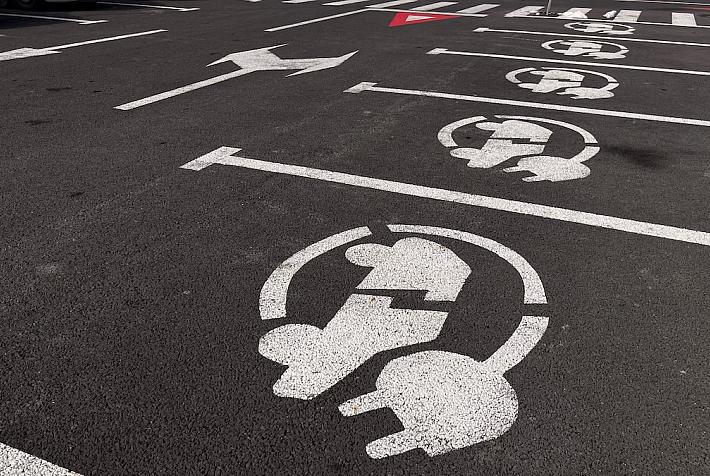Half of banking industry's activity is indirectly guaranteed by the state in Romania

The Romanian banks extended RON 60 bln (EUR 12 bln) worth of new loans in 2021, out of which RON 30 bln are loans guaranteed by the Government through various schemes managed by the state's institution FNGCIMM, according to a recent study by the Romanian banking Association (ARB) consulted by Ziarul Financiar.
In more general terms, schemes such as IMM Invest, Start-up Nation and even the EU-funded grants are interfering with the functioning of the market, impairing the market's functioning capacity through the often bureaucratic allocation criteria that result in suboptimal allocation of resources.
"Such schemes are not made for banks, but for companies," explained Raluca Nicolescu, SME director at Raiffeisen Bank, adding that the schemes include subsidies for interest.
In any case, as an effect of the schemes, half of the banks' activity in Romania is indirectly guaranteed by the state - which found a scheme to avoid direct involvement that would damage its public indebtedness position.
The decision to create FNGCIMM was based on a study that highlighted "the need to establish a state-owned credit guarantee fund for small and medium-sized enterprises, which would not impact the country's public debt," according to the institution's website.
At the end of June 2022, the IMM Invest scheme ended. During its two years of implementation, 60,000 loans were granted with state guarantees summing up to RON 33 bln, while the total volume of these loans was RON 40 bln (as only up to 80% of the loan can be guaranteed under the scheme), according to FNGCIMM.
iulian@romania-insider.com
(Photo source: Dreamstime.com)













